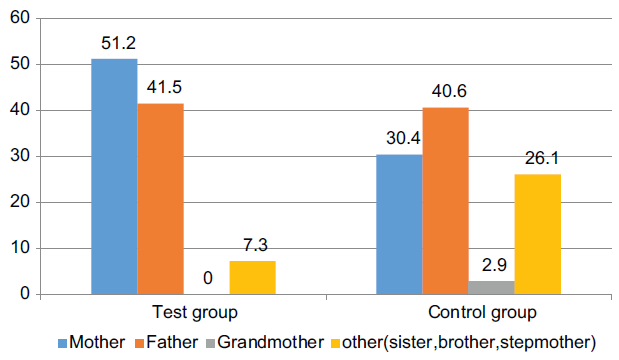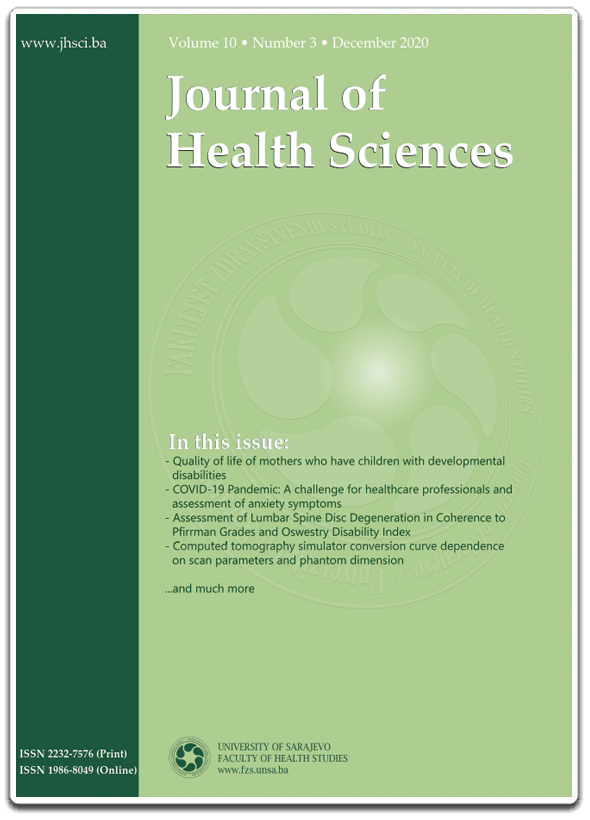Quality of life of families with children with intellectual and developmental disabilities: Family health domain
DOI:
https://doi.org/10.17532/jhsci.2023.2104Keywords:
Family quality of life, children with intellectual and developmental disabilities, family healthAbstract
Introduction: The most general definition of quality of life states that “quality of life is the degree of what makes life good.” Contemporary disability research increasingly relies on examining the quality of life of the whole family. Health and developmental outcomes are affected by the health of children and their environment. The objective of this study is to determine the difference in quality of life between families with children with disabilities and families with children without disabilities in the area of family health.
Methods: The Family Quality of Life Questionnaire was used to assess quality of life. The test group consisted of 41 families of children with intellectual disabilities and developmental disabilities who use day care centers. The control group consisted of 69 families of children without disabilities whose members are employed in day care centers.
Results: A statistically significant difference was found in the quality of life of families of children with disabilities and families of children without disabilities in the area of family health within the concept of satisfaction with family health (p = 0.0001), with respondents in the test group reporting a lower mean score of 3.1 ± 0.86 compared to subjects in the control group 3.94 ± 0.62. None of the respondents in the test group reported being very satisfied with family health, while for most respondents in both groups, 38 (92.8%) in the test group and 66 (95.7%) in the control group, family health was very important for quality of life.
Conclusion: A statistically significant difference was found in the quality of life of families of children with disabilities and families of children without disabilities within the concept of achievement, the concept of satisfaction with family health and the determination is a statistically significant difference in relation to the existence of health services in the place of residence.
Downloads

Downloads
Published
Issue
Section
Categories
License
Copyright (c) 2023 Anka Vukićević, Emira Švraka, Amra Mačak Hadžiomerović, Naim Salkić

This work is licensed under a Creative Commons Attribution 4.0 International License.










